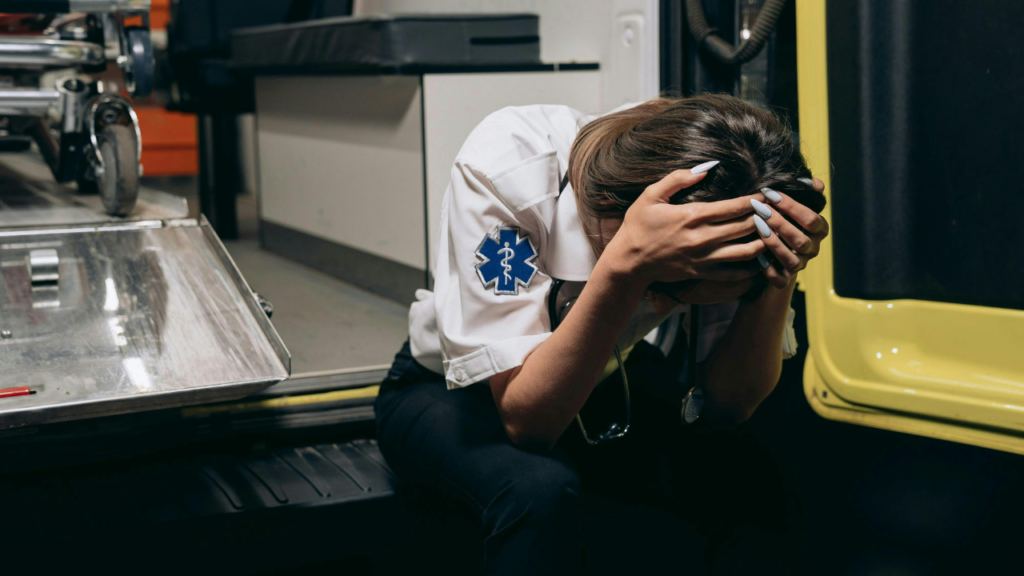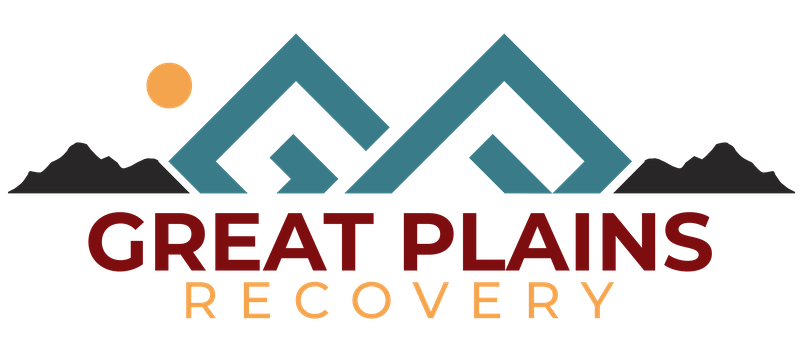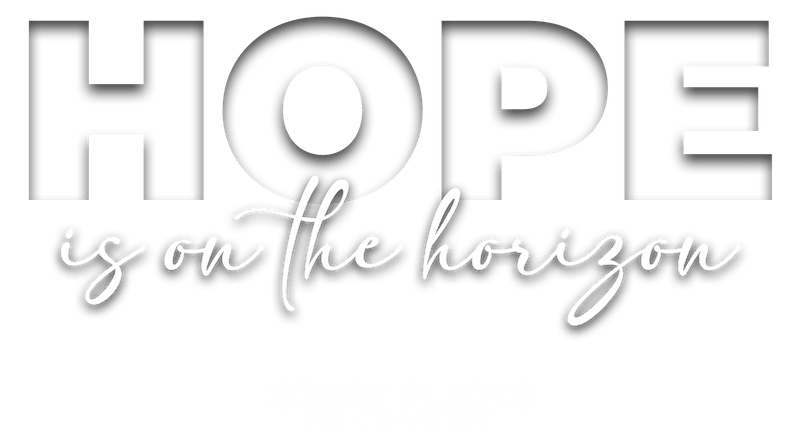
Understanding Unique Challenges
Oklahoma’s first responders and healthcare workers face extraordinary demands daily. From paramedics and firefighters responding to emergencies to nurses and doctors providing critical care, these professionals routinely encounter high-stress situations while caring for others. This continuous exposure to crisis and trauma creates unique risk factors for substance use disorders.
The professional culture of strength and self-reliance that exists in these fields can make it particularly difficult to acknowledge personal struggles. Many first responders and healthcare workers feel they must maintain an image of control and capability, even when facing their own challenges.
Specific Risk Factors
Several factors create increased vulnerability to substance use disorders among these professionals:
Trauma Exposure
Repeated exposure to traumatic events—from mass casualties to the loss of patients—can lead to psychological distress that some may attempt to manage through substance use.
High-Pressure Decision Making
Making life-or-death decisions regularly creates immense stress that can accumulate over time, leading some to seek relief through alcohol or other substances.
Shift Work and Disrupted Sleep
Irregular schedules and overnight shifts disrupt natural sleep patterns, sometimes leading to sleep aids that can develop into dependencies.
Access to Medications
Healthcare workers in particular often have greater access to prescription medications, potentially creating opportunity for misuse.
Culture of Self-Reliance
The expectation to “stay strong” and handle problems independently can prevent early intervention and help-seeking.
Barriers to Seeking Help
For first responders and healthcare workers, several concerns often delay or prevent treatment:
Professional Consequences
Fears about job security, licensing issues, or career advancement can create significant hesitation about seeking help.
Confidentiality Concerns
Worries about colleagues, patients, or community members discovering their treatment status may prevent many from reaching out.
Scheduling Difficulties
Finding treatment that accommodates demanding and often unpredictable work schedules presents a practical barrier.
Identity Challenges
Many helping professionals strongly identify with their role as caregivers, making it difficult to shift to the role of care recipient.
Specialized Treatment Approaches
Effective treatment for first responders and healthcare workers typically incorporates several key elements:
Peer Support Components
Treatment alongside others who share similar professional experiences can reduce isolation and stigma while providing understanding that general treatment groups may not offer.
Trauma-Informed Care
Addressing the impact of occupational trauma is often essential to sustainable recovery for these professionals.
Confidentiality Protections
Treatment programs experienced with these populations understand the heightened need for privacy and take additional measures to protect confidentiality.
Licensing and Career Navigation
Experienced providers can help navigate return-to-work protocols, licensing board requirements, and workplace documentation with an understanding of the specific challenges these professionals face.
Finding Appropriate Treatment
When seeking treatment as a first responder or healthcare worker, consider these factors:
Specialized Programs
Some treatment centers offer programs specifically designed for first responders or healthcare professionals, with staff who understand the unique aspects of these careers.
Flexible Scheduling Options
Look for programs that offer evening, weekend, or intensive options that can accommodate shift work and on-call responsibilities.
Professional Experience
Providers with experience working with first responders and healthcare professionals will better understand the specific challenges and requirements these individuals face.
Confidentiality Protocols
Ask detailed questions about how the program protects privacy and maintains confidentiality, particularly regarding professional licensing boards.
Recovery While Maintaining Professional Responsibilities
Recovery doesn’t always require completely stepping away from professional duties. Many first responders and healthcare workers benefit from:
Outpatient Treatment Options
Structured outpatient programs can provide intensive support while allowing continued work in many cases.
Monitoring Programs
Many healthcare licensing boards offer confidential monitoring programs that support recovery while allowing continued practice.
Graduated Return-to-Work Plans
For those who do require more intensive treatment, experienced providers can help develop appropriate return-to-work timelines and conditions.
Ongoing Support Resources
Professional-specific support groups, both in-person and online, can provide continued connection during and after formal treatment.
Taking the First Step
If you’re a first responder or healthcare worker struggling with substance use, remember that seeking help is a sign of strength, not weakness. The skills that make you effective in helping others—courage, determination, and compassion—are the same qualities that can help you overcome this challenge.
Great Plains Recovery Center understands the unique needs of Oklahoma’s helping professionals. Our team recognizes the vital service you provide to our communities and is committed to helping you recover while protecting your privacy and professional standing.
For confidential information about treatment options that address your specific needs as a first responder or healthcare worker, contact Great Plains Recovery Center at 844-918-3518. Our team is ready to discuss how we can support your recovery while respecting the important work you do.




